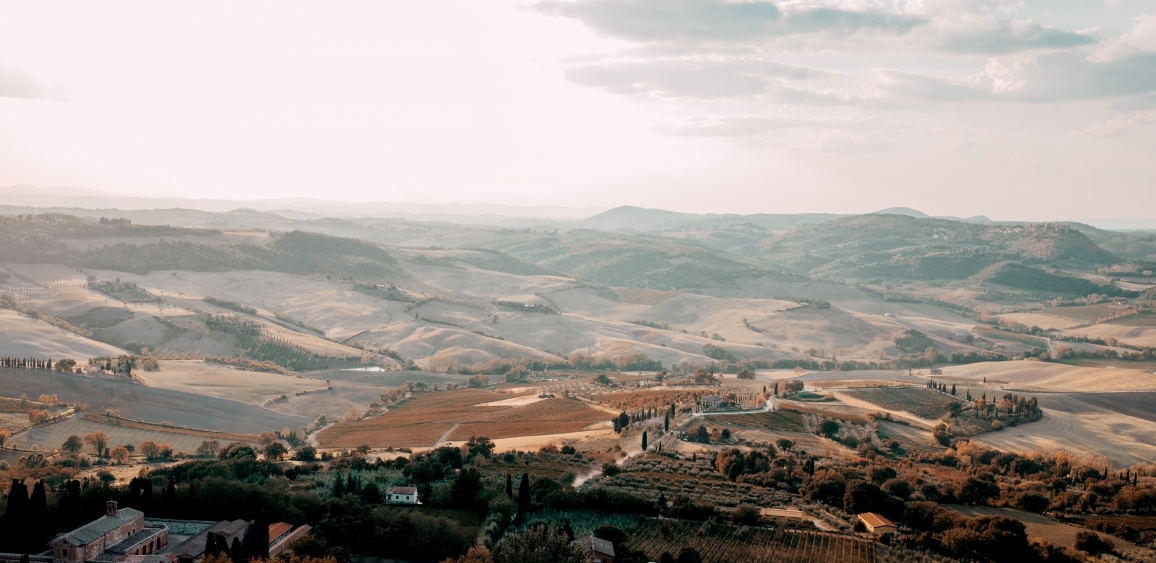Pierluigi Properzi and Simone Ombuen, INU – URBIT
The INU Territory Report, with its eighth edition, proposes a new format which, while maintaining the traditional interpretative structure of planning activities articulated in Plans and Policies, intends to develop in broader terms, dedicating an entire introductory section to it, those descriptive analyses of the “territorial” phenomena that are often at the basis of decision-makers’ choices and which in the Report constituted the introductory parts of the individual chapters, referring to the contributions of authoritative external observers.
The ten-year collaboration with the university laboratories of UnivAq (AnTeA) and Rome 3 (LABUR), as well as an interaction that over the years has been consolidated with important cultural and scientific institutes (ISTAT, ISPRA, ISNART, CRESA, CED PpN-CRCS) and with regional and provincial planning offices, has made it possible to tackle the problem of building an INU Information System as a reference basis for the Report, and also as a place of comparison with other places of description and analysis operating on the national territory.
In an open knowledge system, the formal structure of the possible representations is not particularly important, since they take shape in relation to the questions that generate them. However, the most accredited Institutional Reports describing the conditions of the country often organise their structure by axes of reference, which also constitute the form of interaction with the other relations. These argumentative structures, configuring a sort of interpretative rationality, express the point of view on the complexity of those who express them, and also become, seen as a whole, the supporting structures of the description of the country from which the public discourse and the construction of the actions are articulated. Collective reasoning on knowledge systems for the government of the country therefore becomes an indispensable element for building the transition to a different economic and social life, adequately respectful of the conditions of sustainability, as the Green New Deal promoted by the European Union designs it.
PROGRAMME
Opening of the works:
Pierluigi Properzi, INU – URBIT
Some disciplinary nodes
Simone Ombuen, INU – URBIT
The RoW Information System
Donato Di Ludovico and Federico Eugeni, INU – URBIT
Scheduled interventions:
Experts in the field discuss it.
Italiano

Contributions